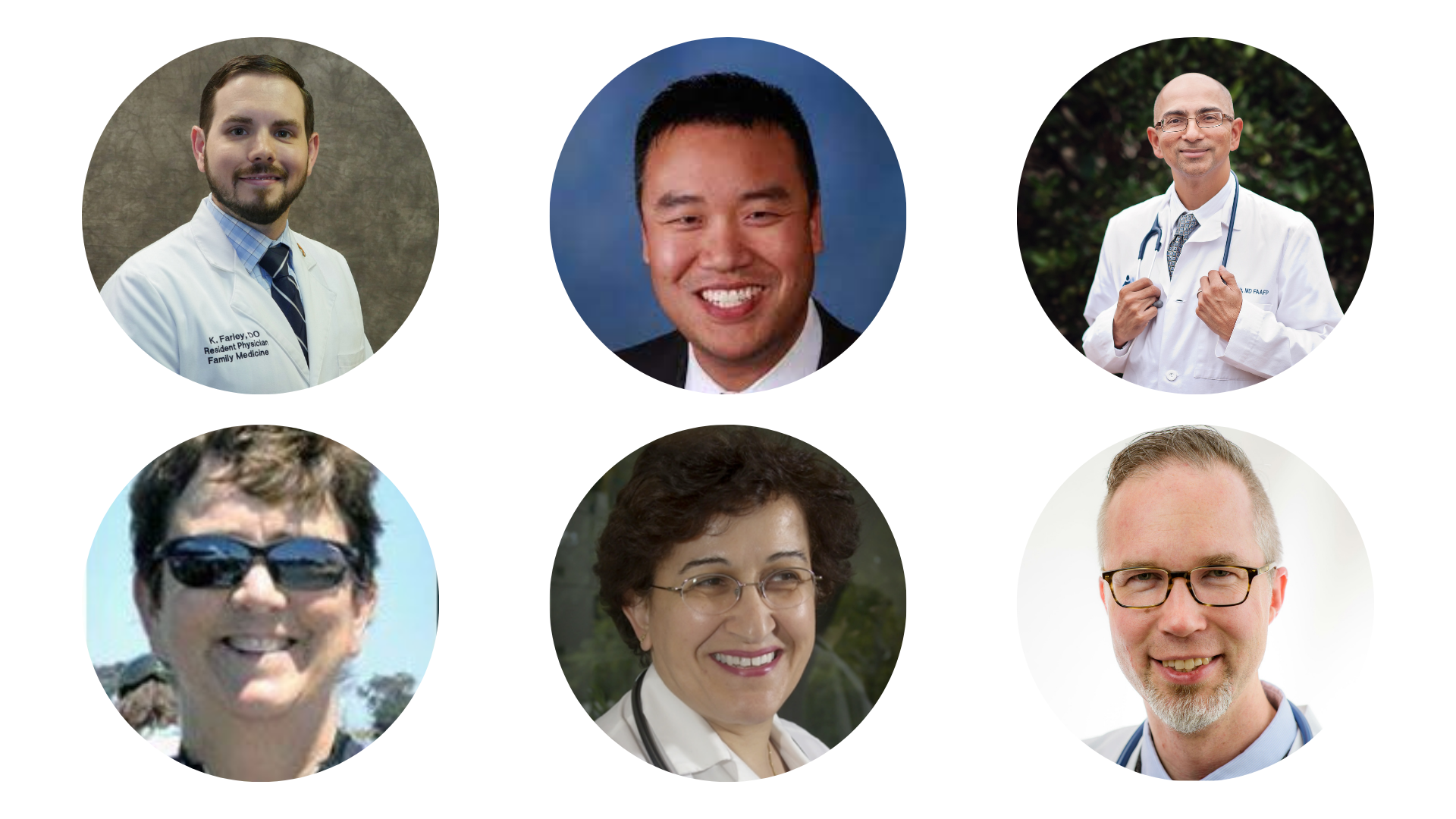
National Doctors Day is March 30, and we want to take this opportunity to thank physicians across Aledade’s 1,000 ACO member practices for all that they do. In this blog, we profile six of these doctors, each with their own story but all serving the essential role of primary care physician in their communities.
With participation from:
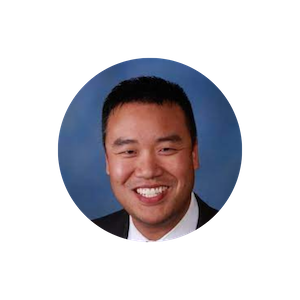 Lawrence Hwang, MD – California
Lawrence Hwang, MD – California
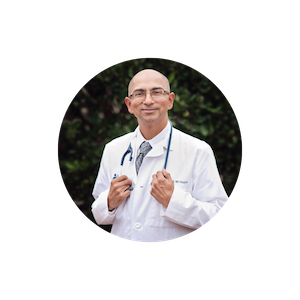 Sanjay Batish, MD – North Carolina
Sanjay Batish, MD – North Carolina
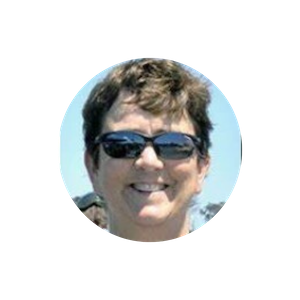 Shirley Dickinson, MD – California
Shirley Dickinson, MD – California
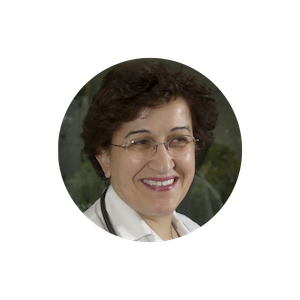 Suzan Abdo, MD – Maryland
Suzan Abdo, MD – Maryland
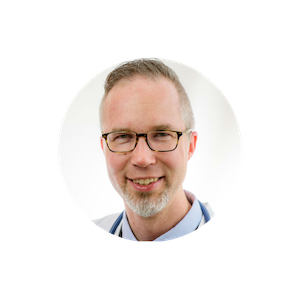 Victor Lahnovych, MD – Pennsylvania
Victor Lahnovych, MD – Pennsylvania
What made you want to become a primary care physician?
Dr. Lahnovych: I left engineering school during my senior year to pursue medicine after realizing how much I hated math. I realized I could apply the engineering approach and thought process to interactions with people (and I could do this without using calculus). Medicine was that crossover, and family medicine is about as broad of an application of this as can be found. I’ve never regretted that leap into medicine.
What’s the hardest part about being a primary care physician?/What’s your favorite thing about primary care practice?
Dr. Abdo: Being a primary care physician can be difficult, especially as a solo practitioner navigating the administrative challenges of a small practice. But every day is my favorite day, whether it’s a difficult patient, or a very sick patient. I can walk them through their illnesses, or even walk them through the end of life. That is very rewarding to me.
Dr. Dickinson: I think in the beginning, when we weren’t as respected in the profession of medicine. I remember in medical school several of my professors would say: “Why are you going into family medicine? You’re too smart to go into that.” And I think now, especially as there’s much more of a primary care shortage, they’re recognizing that we are important. I love being a primary care physician because I enjoy seeing the gamut from babies to the elderly. I think I would get bored if I just was doing the same thing over and over again.
Do you have a patient story that stands out to you?
Dr. Batish: An individual who I knew as a healthy, vibrant teenager suffered a gunshot injury and has been confined to a wheelchair for the last 12 years. He’s one of the reasons I decided to do some clinical research into firearms and try to shed some light on this really significant problem.
Dr. Hwang: I don’t have a particular story but 1 situation stands out: supporting a family member when their loved one is navigating the end of life. Bringing comfort to a family during the scariest of times reminds me that I am not just a clinician, but more importantly, a healer of people.
How have you been coping through the COVID-19 pandemic?
Dr. Lahnovych: My family is my social support. We have taken the social isolation of the pandemic as an opportunity to spend more time together. With the time we spent at home instead of traveling, my kids and I built a huge log fort area back in our woods as a “COVID project” in 2020.
Why did you join Aledade? How has Aledade helped you/your practice?
Dr. Batish: Since becoming a family physician 25 years ago, I have seen significant changes in primary care. These changes have made it difficult for physicians to provide and optimize the health of their patients. I found that Aledade has empowered me and my practice to take better care of our patients, but also take better care of ourselves. I’ve become a Local Medical Director here at Aledade to empower other primary care docs to do the same.
Dr. Hwang: Aledade presented a chance to preserve our ability to practice independent medicine and has allowed my practice to strike a better work/life balance.
What’s most rewarding to you about working in value-based care?
Dr. Abdo: Before, I didn’t really understand the importance of care management and now, Aledade has helped teach me more about the impact case management has on patients. Because of that, my patients are benefitting and experiencing better outcomes.
Dr. Dickinson: Value-based care allows me to do what’s right by my patients. My motto has always been “I want to treat my patients like I would treat my family” and I want to make sure that I provide them with the best care, no matter what. Everybody deserves the best care, because we’re all people, we’re all human beings.
What would you say to a physician considering joining an Aledade ACO?
Dr. Batish: If you’re looking at your practice’s day-to-day work and feel that you’re passively taking care of patients, it’s time to make a change. As clinicians, we spend a lot of time entering information into EHRs not really using the data to its fullest potential. The Aledade App can help you use that information to connect you more to your patients and help provide them with better care.
